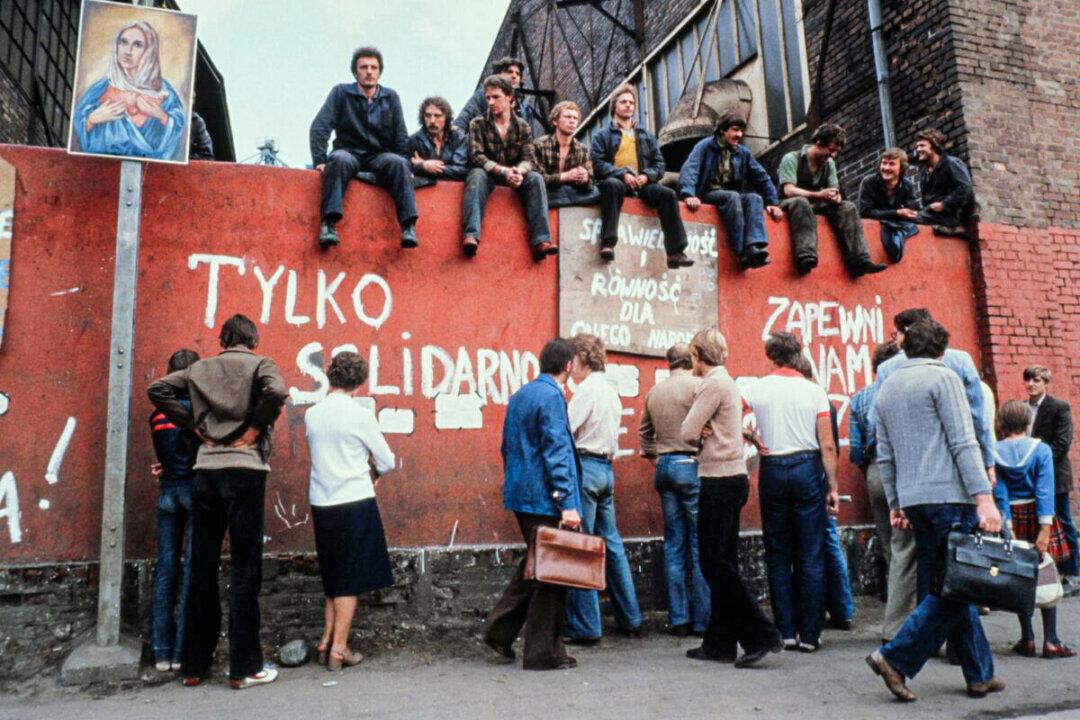Martial Law was imposed in Poland by the communist regime on Dec. 13, 1981, in order to suppress “Solidarity,” the anti-communist grassroots movement of Polish people.
Solidarity—the first trade union in the eastern communist block independent of the regime—was born in Poland in August 1980. The movement, which advocated workers’ rights and started demanding some reforms of the communist system, quickly grew in popularity and was joined by about 10 million Poles.





